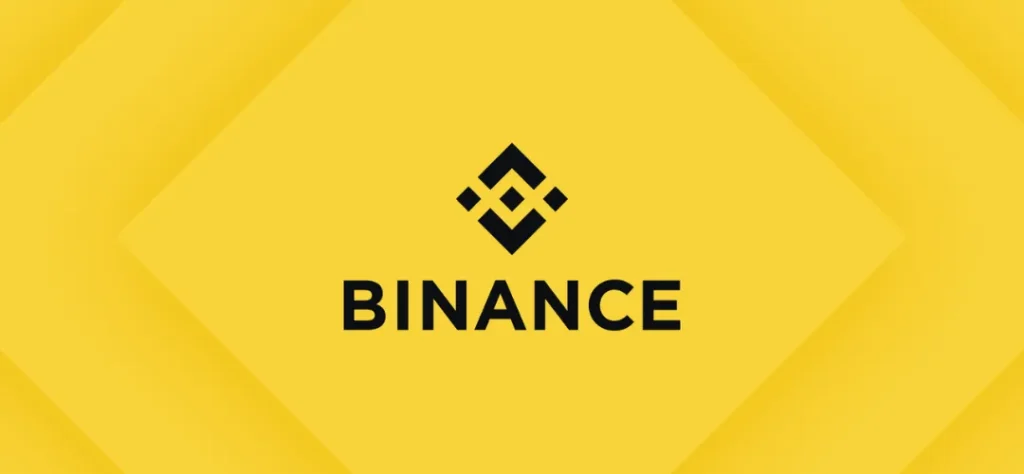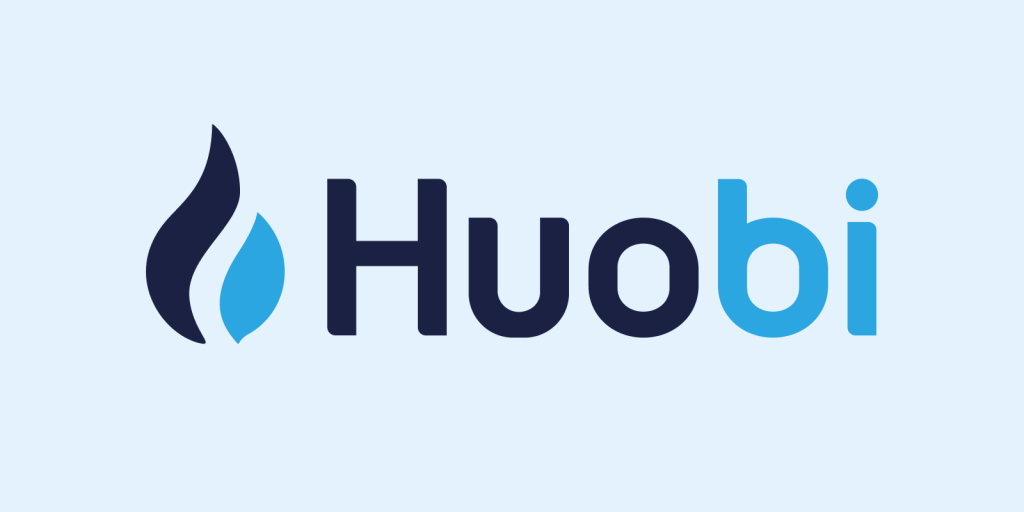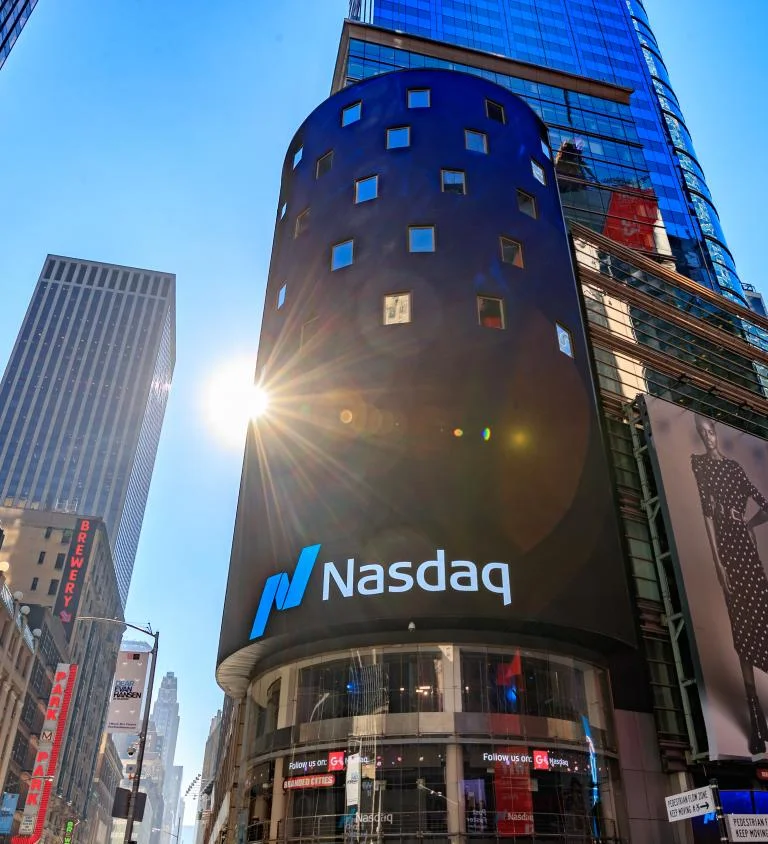Article Directory
Oh, good. The financial fortune-tellers are back with another hot take, fresh from their crystal balls. This time, they’re telling me that History Says the Nasdaq Will Soar in 2026. 1 Stock-Split Stock to Buy Before It Does.
Give me a break.
Is "History" a person now? Does he have a Bloomberg terminal and an MBA? Because last I checked, history is a collection of stuff that already happened, often with zero bearing on what’s about to happen next. Using past bull markets to predict the next one is like saying that because you flipped a coin and got heads five times, the sixth flip is definately going to be heads too. It’s comforting nonsense peddled by people who need you to keep pouring your money into the machine.
They’re waving around a magic wand called “Artificial Intelligence,” promising it’ll sprinkle fairy dust on the entire tech sector. Gartner, the high priest of corporate buzzwords, is forecasting AI spending to hit $2 trillion by 2026. These are the kinds of numbers that look great on a PowerPoint slide right before you ask for more funding. But what do they actually mean? It feels less like a sober economic prediction and more like a collective prayer that something, anything, will keep this party going.
The AI Hype Machine Needs Fresh Meat
Let’s be real. The market isn’t some rational, forward-thinking entity. It’s a twitchy, neurotic beast with the attention span of a gnat. One day, the Dow drops 600 points because of some tariff-fueled panic attack. The next, it soars because a politician posts a soothing message on social media saying, "it will all be fine!" We’re supposed to build our entire 2026 investment strategy on this? On a market that gets the vapors over a tweet?
The whole thing is like watching a toddler hooked on sugar. The threat of tariffs is the healthy dinner it doesn't want, triggering a full-blown tantrum. Then someone whispers "AI," and suddenly it's giddy, chasing the promise of candy while completely forgetting the fundamentals. This isn’t an "investment thesis." It's a mood swing.
And if this AI-powered expansion is so inevitable, why does the market still collectively wet its pants every time there’s a government shutdown or a hiccup in trade talks? Why are we still "flying blind" on basic inflation data because bureaucrats can't get their act together? A truly revolutionary economic force shouldn't be so easily derailed by the mundane chaos of Washington D.C. Or maybe—just maybe—the revolution isn't quite as revolutionary as we're being told.

They’re selling a story here. A simple, clean narrative about technology and progress. It’s a much nicer story than the messy reality of global politics, supply chain nightmares, and central bankers guessing what to do next.
And Today's Lucky Winner Is... a Brokerage Firm?
So, in this grand, AI-fueled future, what’s the genius stock pick we’re supposed to pile into? The one that will ride this historic wave to glory? Interactive Brokers. A… brokerage firm.
This isn't just optimistic. No, "optimistic" is what you are before a first date—this is straight-up delusional. The core argument seems to be that they’ve automated a bunch of stuff, they offer 24/7 trading, and they did a 4-for-1 stock split. Let’s tackle that last one first. A stock split is pure financial theater. It’s cutting a pizza into sixteen slices instead of eight and pretending you have more pizza. The company’s value doesn’t change by a single cent. It’s a psychological trick to make the stock feel cheaper to retail investors who don’t know any better. That this is presented as a bullish sign tells you everything you need to know about the quality of this "analysis."
Their big "catalysts" are things like a market discovery tool and "Yes/No" contracts. Cool features, I guess. But is that really the engine that’s going to capture the explosive growth of a $2 trillion AI market? It feels like telling someone to invest in a shovel company during the gold rush. Sure, the shovel company will probably do fine, but you're acting like you just discovered the motherlode itself.
And then there’s the valuation. The article casually mentions it trades at 31 times forward earnings, calls it "expensive," but then justifies it. I'm sorry, but for an electronic brokerage business, that’s not just expensive; it’s insane. You’re paying a premium price for a company that is, at its core, a utility. They’re a platform. A very good platform, perhaps, but still just the digital plumbing for the market.
They're selling you a story about the future, about AI and automation and global markets, and people are buying it because… well, because it's easier than thinking critically about what an AI-driven economy actually looks like. It probably doesn't look like everyone suddenly trading more U.S. stocks on a slightly more efficient platform. Then again, maybe I'm the crazy one for expecting logic to apply here.
It's the Same Old Song
At the end of the day, this is what Wall Street does. It finds the hot new buzzword—it was "dot-com" in the 90s, "blockchain" a few years ago, and now it's "AI"—and slaps it onto everything to justify absurd valuations. They create a narrative, find a semi-plausible stock to be the poster child, and blast it out through their media channels.
They need you to believe that this time is different. That history, which is usually a bloody mess of unforeseen events and chaos, is suddenly a smooth, predictable ramp to riches. They need you to ignore the government shutdowns, the geopolitical instability, and the fact that the Fed is basically guessing. They need you to buy the ticket, take the ride, and not ask too many questions. Offcourse, it might work out. But it won't be because "history" said so. It'll be because enough people chose to believe the same fairy tale at the same time.




